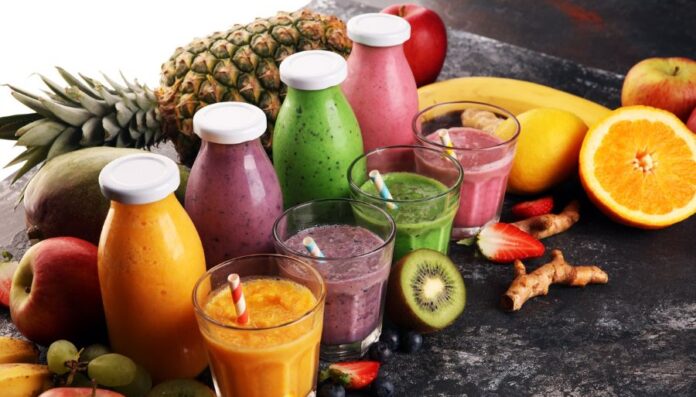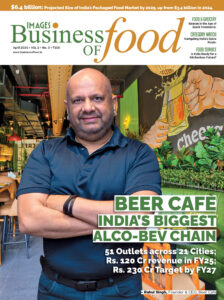Gen Z’s snacking habits reflect their approach to managing stress, stemming from economic uncertainties, job instability, and rising living costs. Frequent snacking has become a key coping mechanism for this generation aged 27 and under, who also associate indulgent treats with moments of comfort and relaxation. “Snacking continues to be a key component of their…




